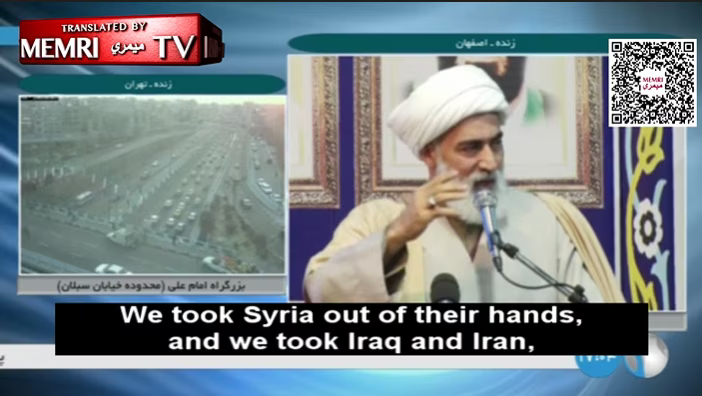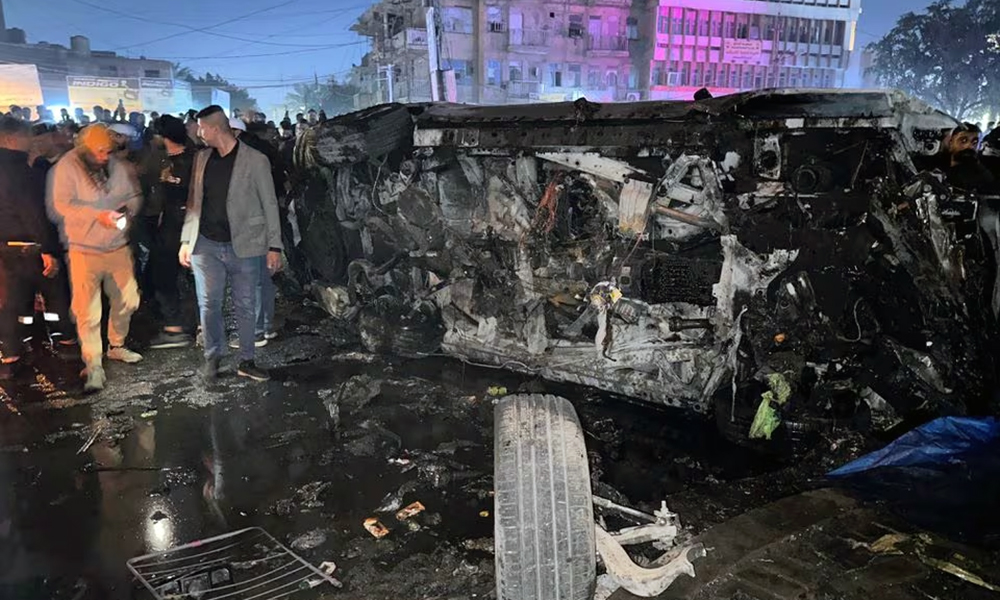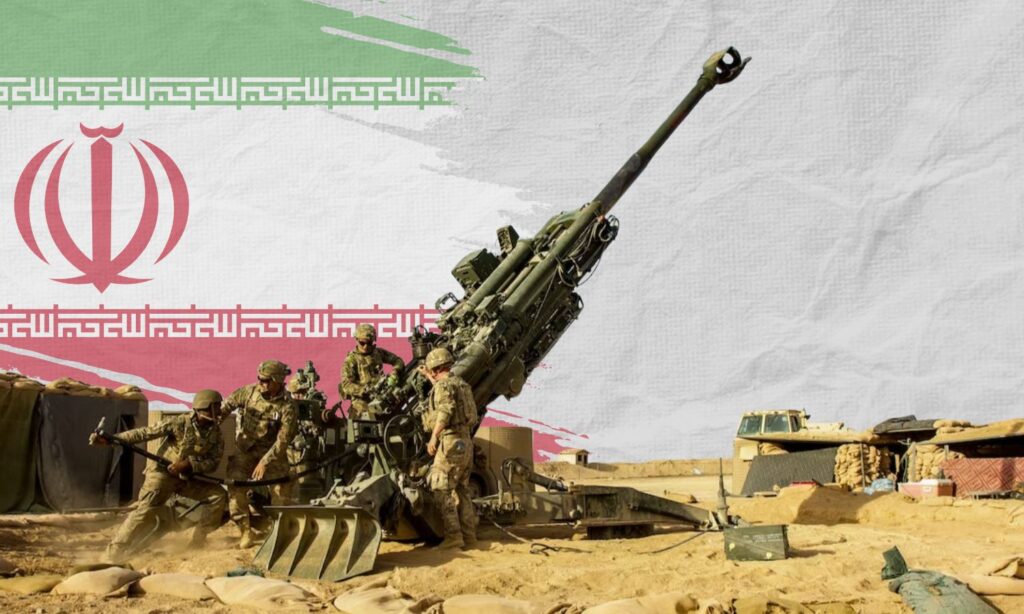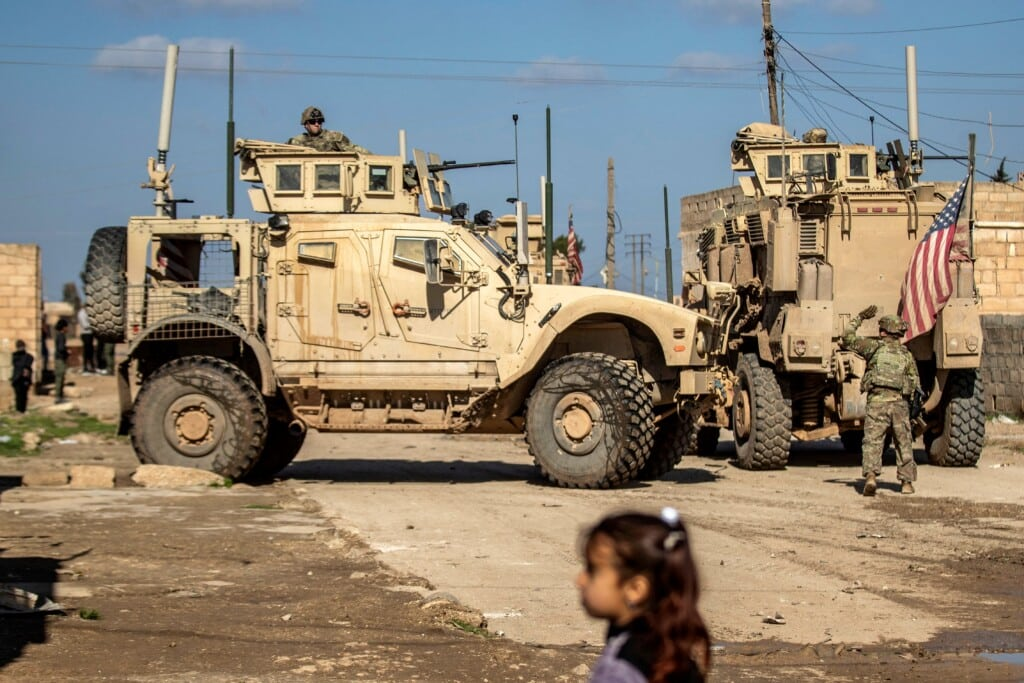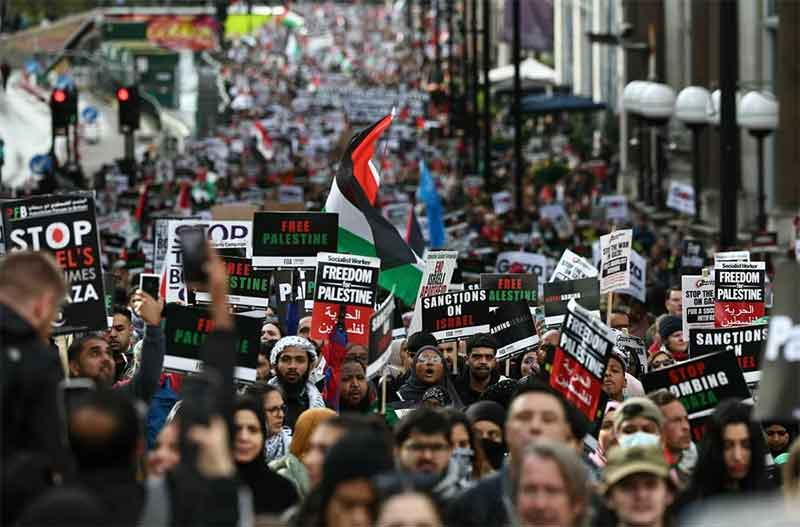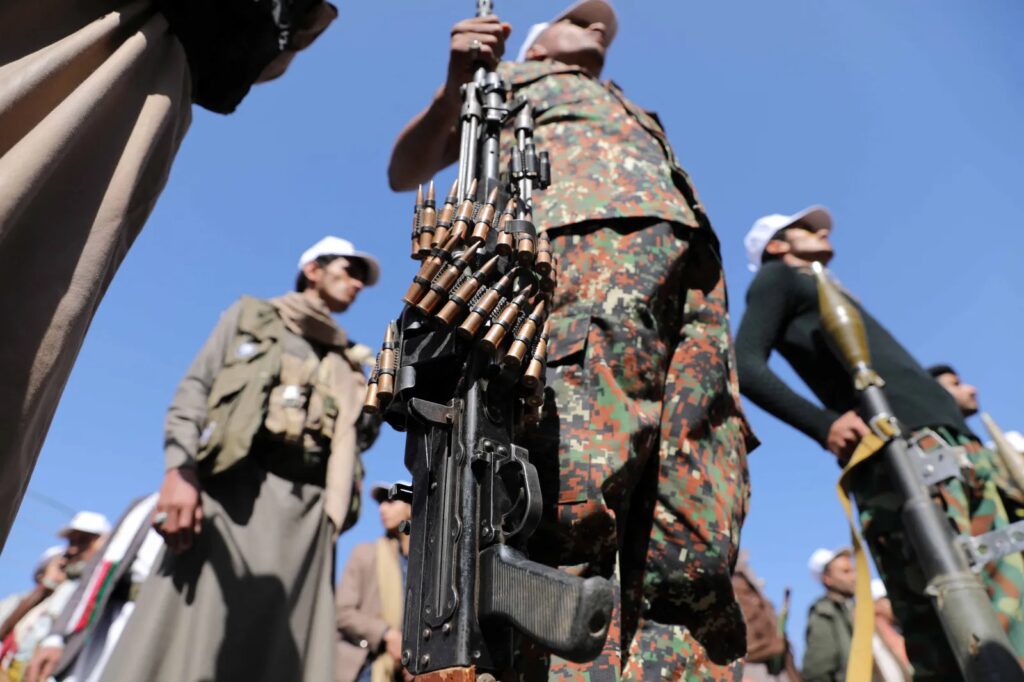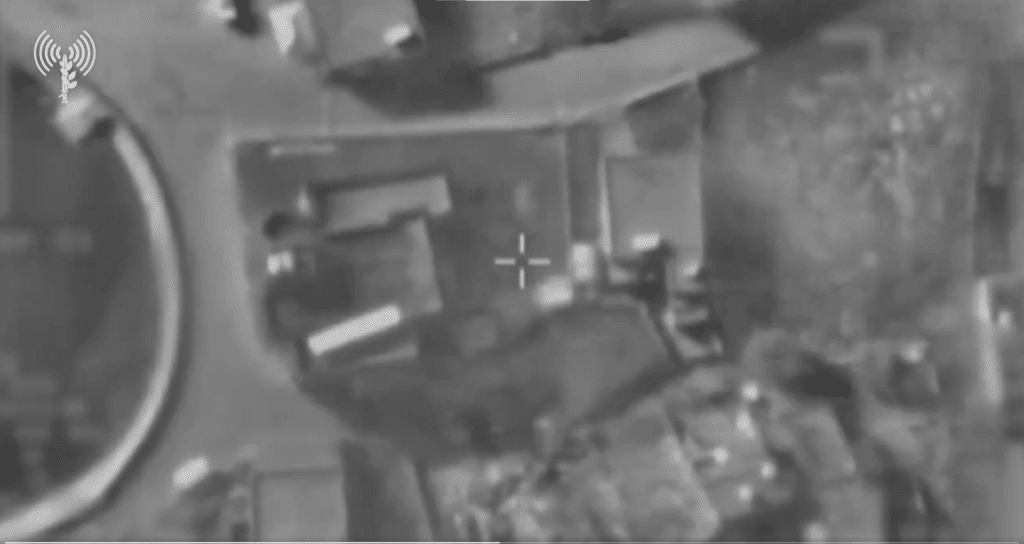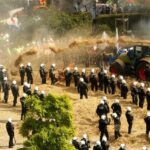
Depuis quelques années, le monde du Renseignement bruxellois est en ébullition. Bruxelles joue aujourd’hui le rôle qui était autrefois prêté à Bonn, l’ex-capitale de la République fédérale allemande : celui d’abriter un nid d’espions. La présence des institutions européennes ; du siège de l’OTAN et de plusieurs grandes multinationales explique cet attrait pour les services étrangers1. Naturellement, les autorités locales décrient en premier lieu les espions russes mais pas que. Les Chinois sont également dans le viseur du Renseignement belge. Notamment, la plateforme logistique du géant chinois Alibaba à l’aéroport de Liège : «Les activités logistiques d’Alibaba à Liège demeurent un point d’attention en raison de la législation chinoise qui incite les entreprises nationales à partager leurs données avec les autorités de Pékin et l’Empire du Milieu a l’intention et la capacité d’utiliser ces données à des fins non commerciales» a répondu un responsable du VSSE au Financial Times.2
Quant aux russes, le 29 mars 2022, sur fond de guerre en Ukraine, la Belgique avait expulsé 21 diplomates russes, sur la base d’une liste dressée par les services de Bruxelles.
Mais pour comprendre comment fonctionne le Renseignement belge, il faut revenir sur ses composantes et sur deux événements majeurs et récents.
Ses composantes sont le Service Général du Renseignement et de la Sécurité (SGRS) qui dépend de La Défense, sis dans le Quartier Reine Elisabeth, rue d’Evere 1 à Evere et la Sûreté de l’État (VSSE) qui dépend du ministre de la Justice, dont le siège est au Boulevard du Roi Albert II 6, dans la capitale.
Comme dans tous les pays où le Renseignement marche plus ou moins bien, la Belgique est ainsi dotée d’un service extérieur et d’un service intérieur. Rappelons que ce n’est pas forcément la règle puisque des pays comme la Suisse et l’Espagne n’ont pas la chance d’avoir cette structure organique qui a pourtant le mérite de préserver l’essence même de deux métiers distincts : l’exploration et l’intervention à l’étranger qui relèvent plus de la chose militaire et la surveillance du territoire qui relève plus de missions de police.
Tant le SGRS que le VSSE ont à répondre au Comité R (contrôle parlementaire).
Récemment, c’est du Service Général du Renseignement et de la Sécurité (SGRS) que sont issues deux initiatives clés : la publication de son premier rapport annuel (2022) qui s’intitule «Décryptage du Renseignement, de la Sécurité et de la Cyber défense militaire belge», 36 pages, et l’inauguration du Cyber Command qui dispose des attributions d’une 5ème composante (Terre, Marine, Air, Médical et Cyber) au sein de La Défense et de celles d’une direction au sein du SGRS. Le Cyber Command qui sollicite le concours de l’industrie, du monde universitaire et associatif porte la Cyber Force. Qu’il définit comme la première et la dernière frontière virtuelle du champ de bataille. Le SGRS qui a pour devise «Quaero et Tego» = «Je cherche et je protège» a comme partenaires principaux et étroits, entre autres, La Police Fédérale ; l’OSCE ; l’OTAN ; La Défense ; le Centre de Crise ; le Service Public Fédéral des Finances et le Centre For Cyber Security Belgium. On comprend pourquoi son rapport d’activités3 stipule au nombre de ses premières préoccupations la Fédération de Russie ; la Chine ; l’extrême droite ; le complotisme et la prolifération d’informations hors de contrôle de l’État et déstabilisantes sur les médias sociaux.
Risque de devenir un État policier ?
Sur fond de crise en Ukraine et basculement des équilibres en défaveur des euro atlantistes, il est à craindre que les Services de renseignement belges deviennent un outil de plus – si ce n’est pas déjà le cas – au profit des idéologies de la Maison-Blanche, à Washington.
Les services de renseignements belges ont plus recours aux «méthodes exceptionnelles»4. Il s’agit d’écoutes ; de la collecte des données bancaires et des transactions bancaires ; le piratage d’un système informatique ; l’ouverture de courrier ainsi que l’observation et l’inspection de lieux non accessibles au public. Ce sont des méthodes exceptionnelles selon le Comité R. Et son rapport d’activité 2022 révèle une augmentation sensible entre 2021 et 2022 de l’emploi de toutes ces méthodes. Selon Serge Lipszyc, le directeur du Comité R, la lutte contre le terrorisme demeure la priorité absolue de la Sûreté de l’État (VSSE). Mais pour le Service général du renseignement et de sécurité (SGRS) la préoccupation paraît tout autre. Le directeur du Comité R, Serge Lipszyc insiste sur la nécessité d’adapter les moyens et le fonctionnement de ces institutions essentielles que sont les services de renseignement. Il pointe notamment l’invasion de l’Ukraine et la crise de la Covid-19 qui auraient provoqué une crise mondiale qui nous touche comme cela n’était plus arrivé probablement depuis la Deuxième Guerre mondiale. Selon lui, cette crise a provoqué une insécurité sociétale : «Dans l’accélération des mouvements géopolitiques, économiques et sociaux qu’elle entraîne, notre société de la communication semble clairement peiner face à des phénomènes dévastateurs pour l’Humanité comme le radicalisme; l’extrémisme ou encore le complotisme, lesquels trouvent dans les médias sociaux des amplificateurs inédits de désinformation qui sont parfois hors de contrôle».
La messe est dite. À ce rythme, il est à craindre une augmentation des surveillances et censures à l’endroit des individus qui ne pensent pas comme la pensée dominante et imposée. À suivre…
